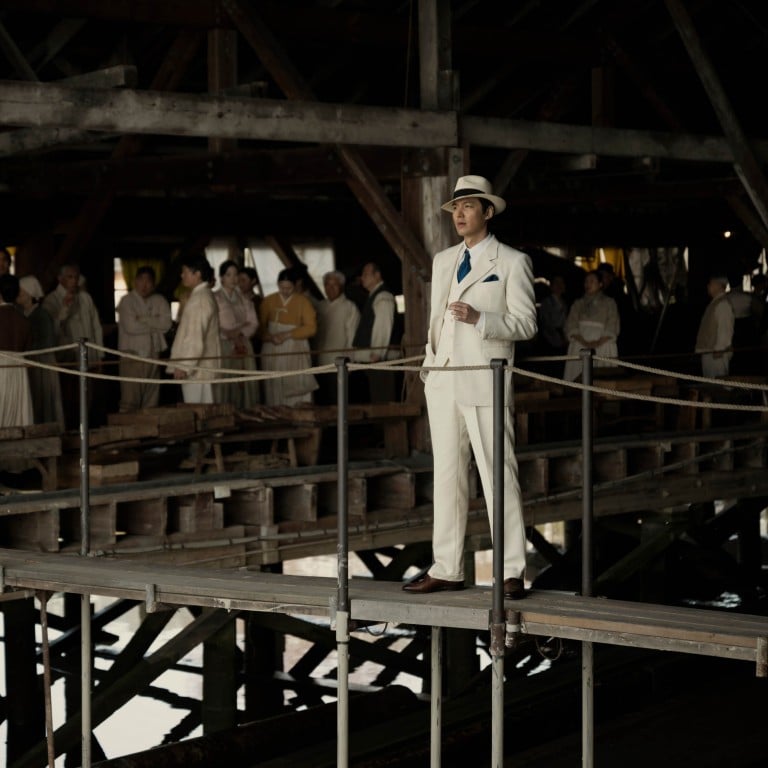
Review | K-drama review: Pachinko – melodramatic Apple TV+ series about Korean identity stars Lee Min-ho and Youn Yuh-jung
- Lee Min-ho and Minari star Youh Yun-jung lead an international cast in eight-episode series, whose parallel narrative arcs kick off 80 years apart
- The series, adapted from a sweeping historical novel about the struggles of a Korean immigrant family that runs pachinko parlours in Japan, overdoes the drama
3/5 stars
Min Jin Lee’s bestseller Pachinko, a generation-spanning epic about the struggles of a Korean immigrant family, arrives to Apple TV+ this month in an eight-part package.
Told in parallels narratives – a “present” one in 1989 and one beginning in the 1910s that leads up to it – this show about Korean identity begins with the birth of Sunja, a peasant girl in southern Korea who immigrates to Japan and becomes the matriarch of a family known for running pachinko parlours.
Pachinko is a form of low-stakes gambling popular in Japan. Though gambling is illegal, this pastime is allowed to exist through a legal loophole.
The vast majority of pachinko parlours are run by so-called Zainichi Koreans, ethnically Korean permanent residents whose numbers initially swelled during the Japanese occupation of Korea (1910-1945).
8 new Korean drama series to look out for in March 2022
If pachinko is tolerated, the same could be said of the Zainichi Koreans. Their precarious position is underscored by the use of zainichi to describe them – the Japanese word for foreign residents, which implies temporary status.
Part of the book’s success is its bird’s-eye view of the experience of ethnic Koreans in Japan. Traversing almost 80 years of history and engaging a multitude of characters, Lee’s book comes across as a detached account of its characters’ lives, dipping in for major moments before jumping ahead months or years.
This structure infuses the book with the sweep of time and gives it the pretence of an objective viewpoint, which adds to its thematic power.

However, as with Apple’s recent adaptation of Isaac Asimov’s classic sci-fi series Foundation, the Pachinko show has to make room for characters that we can relate to and follow over the series.
As such, Hugh’s adaptation, in this first season, encompasses less than half of the novel. It expands on existing segments and invents others, including a side story about the Great Kanto Earthquake of 1923.
The series is a marriage of the styles of Justin Chon and Kogonada, two different filmmakers who explore similar themes.
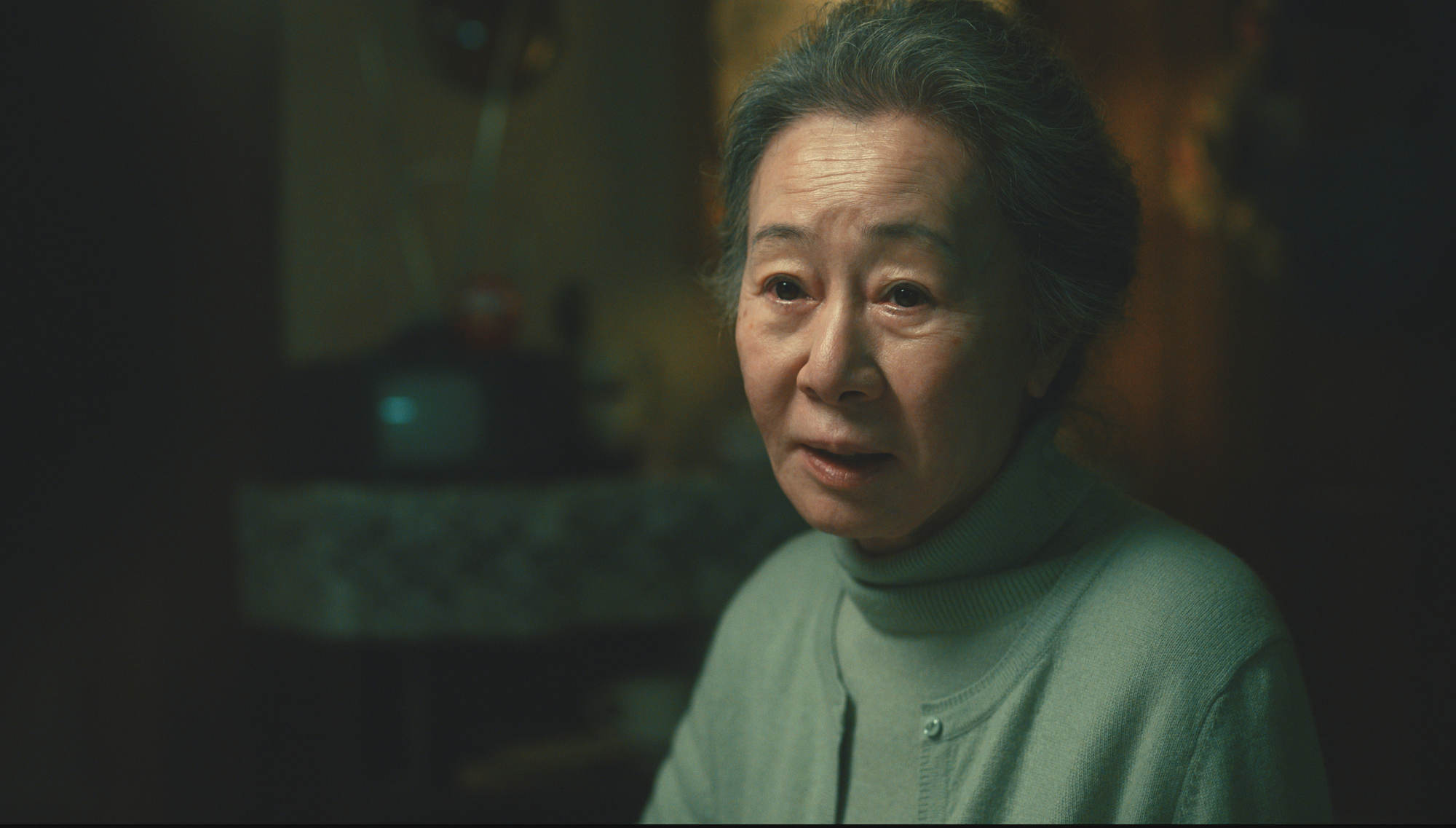
Kogonada’s contemplative and formal framing contrasts with Chon’s dynamic and at times abrasive aesthetic, while the warm hearts that beat beneath their stylistic choices act as a balm during the story’s dark moments.
Both filmmakers have used dancing as a form of expression and escape in their features. The dance competition of the opening credits in Kogonada’s After Yang has its echo in the cast dancing their way through Pachinko’s own credits.
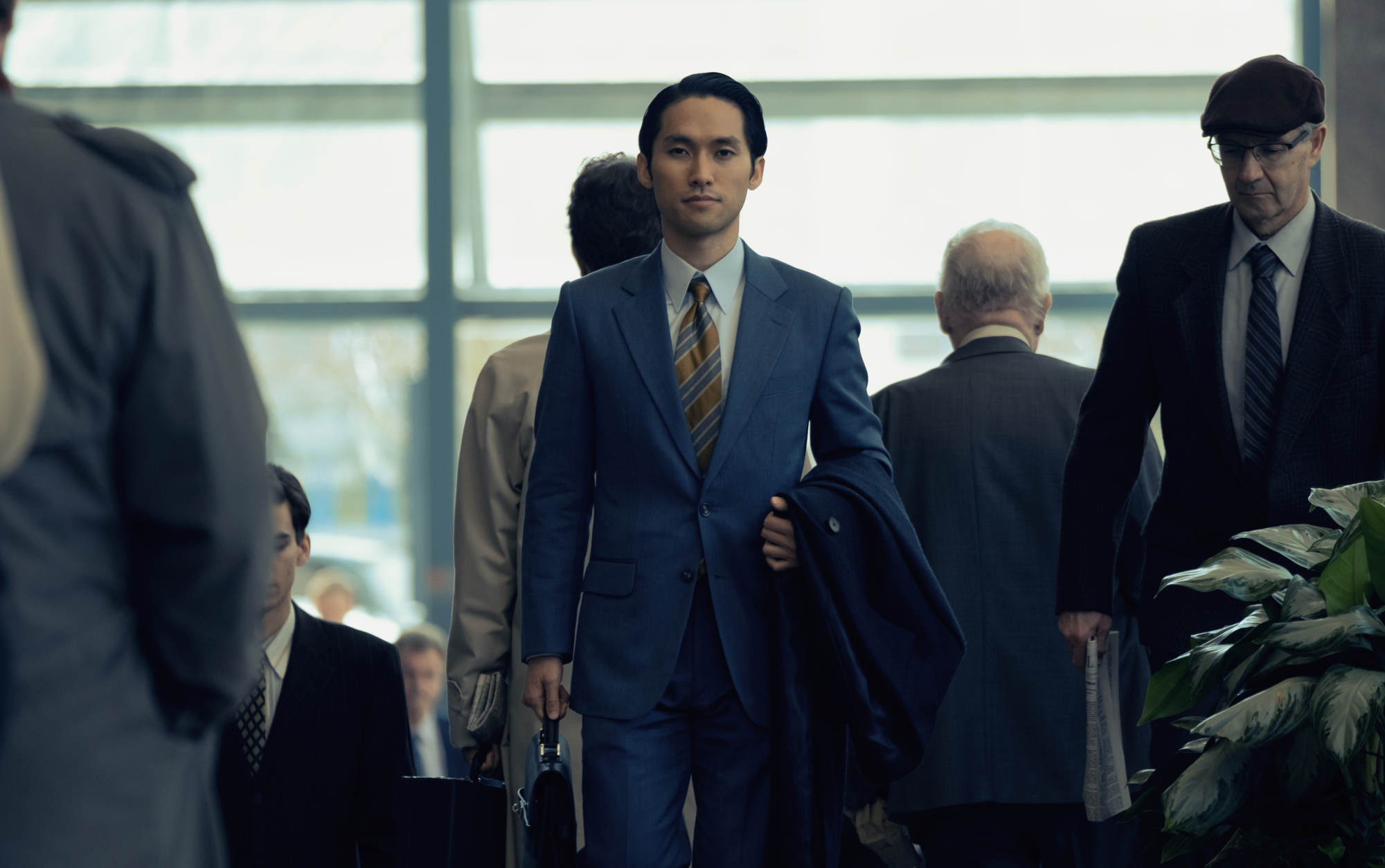
The show features a rich, evocative score from contemporary composer Nico Muhly. His music bridges the temporal gaps of the story and adds notes of splendour and awe to key moments, such as Sunja’s birth. However, the show relies too much on overpowering music, which lessens its impact over time.
While this adaptation mostly adds rather than subtracts, one aspect of the book that is downplayed is eroticism. While the sheer amount of sex in Lee’s tome occasionally comes across as lecherous, it’s a powerful expression of the characters’ desires and frustrations, as well as a cultural bridge and metaphor for social control.
Hopefully, a second season might recapture some of the book’s thematic libido.
In contrast with the chronology of the book, the show holds to a languorous pace with its twin narratives. Pachinko is almost entirely parallel edited, with sequences from the present and the past playing a narrative dance.
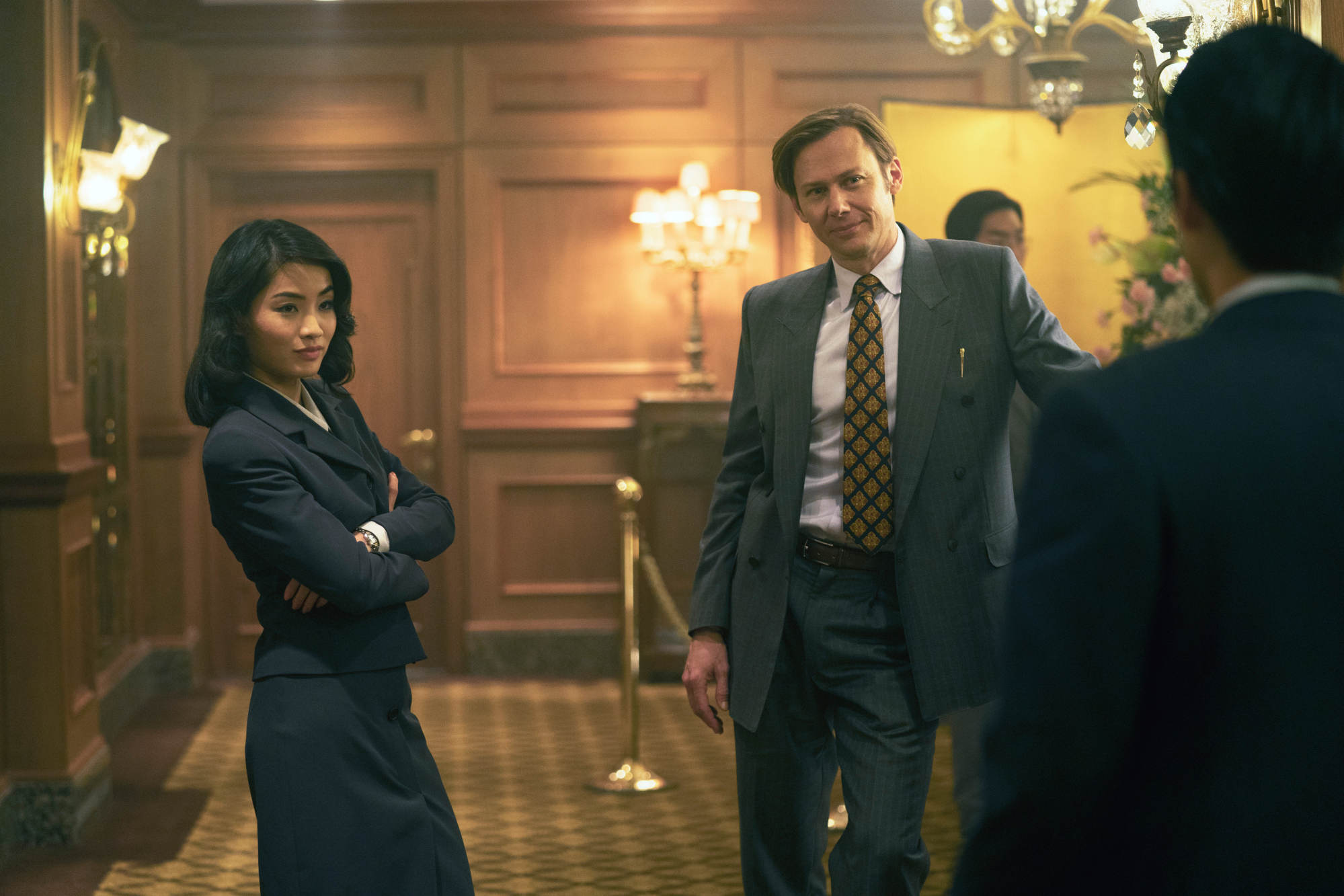
Thus, corresponding sequences are forced to share thematic tangents, which is a gamble that works about as often as it doesn’t. A large swathe of episode four, for example, plays up Korean pride (and stubbornness) and invents a new character so that the parallel sequences can climax with people martyring themselves.
This is one of several moments where the show overdoes the drama – Pachinko oozes melodrama – and this puts it at odds with the book’s realistic period detail and the story’s serious themes.
Youn Yuh-jung is once again terrific as the elderly Sunja, while newcomer Kim Minha makes an impression as the younger Sunja. Other performances are generally strong but the “less is more” adage holds true.
Lee Min-ho encapsulates the ideal of the successful Koh Hansu, but the impact of the character and Lee’s performance are diminished by the expanded role.
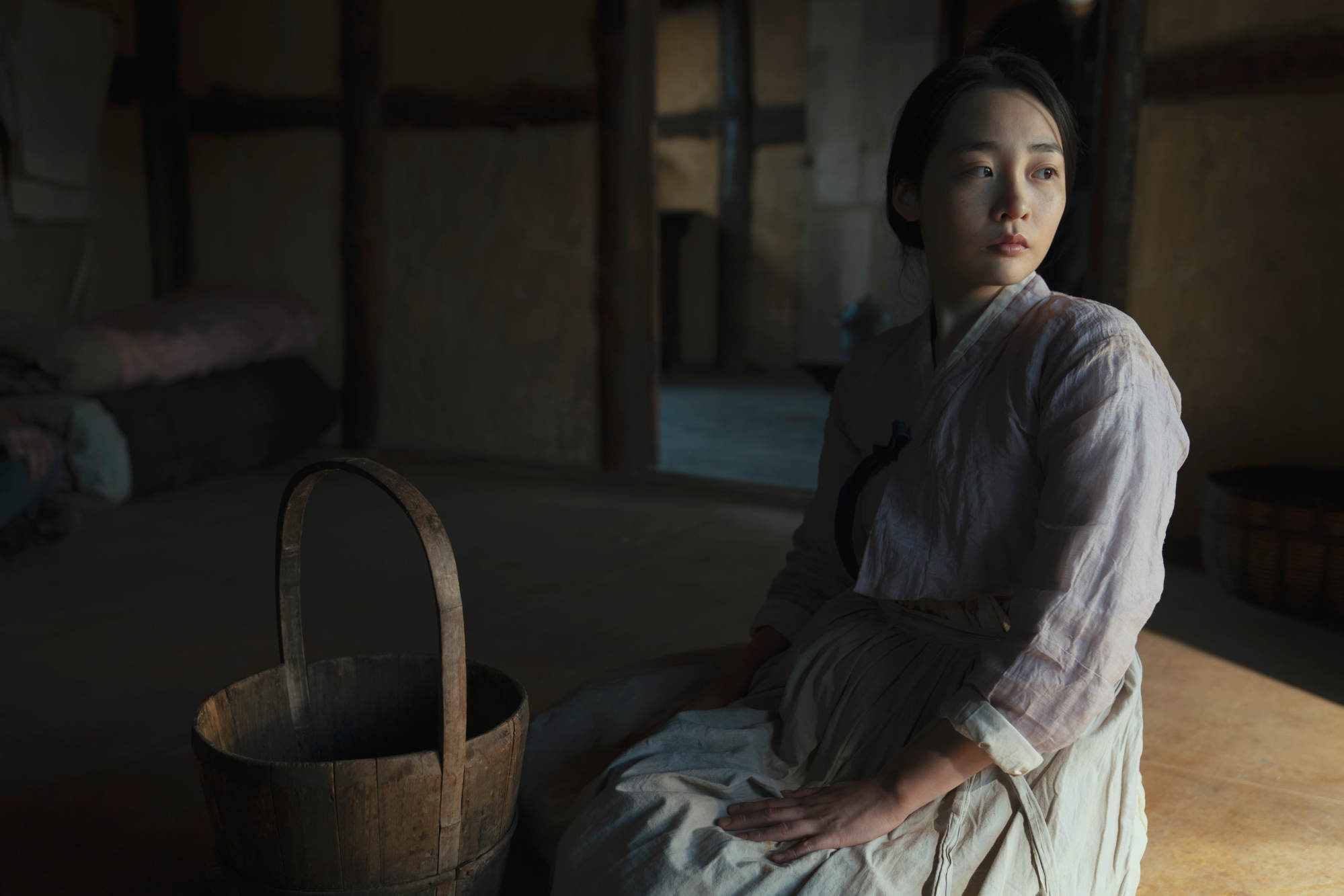
Vivid and lush, Pachinko is another important step forward for Asian representation on the screen, but it’s also a frustrating adaptation. For all its impressive staging and meaningful dialogue, the show can’t quite capture the objective scope of the original.
Pachinko will start streaming on Apple TV+ with its first three episodes on March 25, followed by new weekly instalments each Friday.

